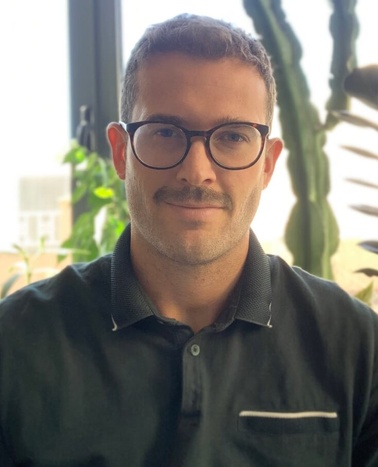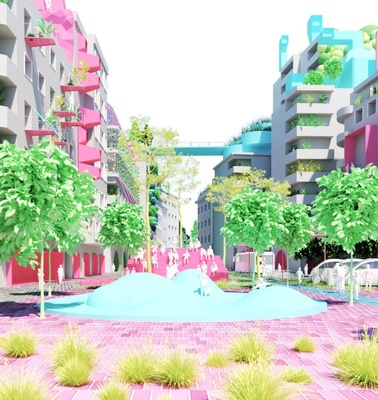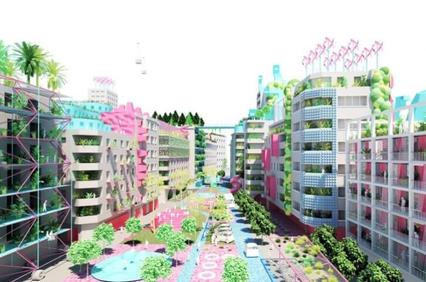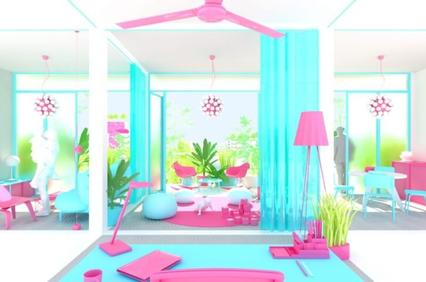
José María Mateo
José María Mateo is an experienced architect who had accumulated several years of experience in the field before joining the Master in Business for Architecture and Design. Despite his vast experience in the industry, he believes that he has learned a lot through the program. He’s highly dedicated to developing sustainable and environmentally responsible housing solutions for the future. His firm aims to create flexible solutions through what he calls NUDes (Natural and Urban Devices).

"The pandemic forced us to spend more time at home and we realized the need for housing to better serve its inhabitants. The future of housing needs to include flexible and sustainable solutions that can adapt to our needs."
Jose’s experience in the Master in Business for Architecture and Design has changed him for the better. He believes he’s developed as an architect and an entrepreneur every day during the program. He attributes his growth to the program’s focus on developing an entrepreneurial mindset and thinking differently while also introducing him to new tools and resources.
While he enjoys the blended format, Jose was particularly impressed by the learning environment during the first period of in-person classes. Getting to know his classmates and professors both inside and outside the classroom has enabled him to learn about different cultures while forming professional and personal connections that he will cherish forever. He hopes that the second period of in-person classes will be possible in January.
Despite his own program experience being directly affected by the current pandemic, Jose is already looking to the future. He aims to use his expertise to help rebuild societies in a sustainable manner that can help prevent, rather than amplify the spread of viruses. While high-density urban housing provides ideal conditions for the rapid spread of contagion, innovative planning and construction can be a weapon in the fight against the virus.
There was a similar wave of progressive thinking after the so-called Spanish flu pandemic, and Jose is encouraged to see it happening again today. This time around, the main challenge for architects is making the new housing evolution affordable and accessible for everyone. Jose is particularly inspired by the Tivoli building, a Martin Lejarraga project in Cartagena. With its geothermal wells, Jose considers it to be a great example of a self-sustaining building which still has its historic facade preserved at the same time.
Jose’s vision for housing in the future includes focusing on environmental responsibility, energy consumption and open spaces. He believes that these developments can soon be net generators of energy, rather than a drain on scarce resources. As an example, he shares his idea of NUDes (Natural and Urban Devices). These prefabricated structures could be “plugged in” to any existing building or street space, transforming the structures into a power generation or leisure space.
The pandemic has forced people to spend more time at home and has made us realize that housing needs to change in order to better serve its inhabitants.
Jose would recommend the Master in Business for Architecture and Design to any architect, designer or planner who wishes to drive positive change in the way we think about housing.

